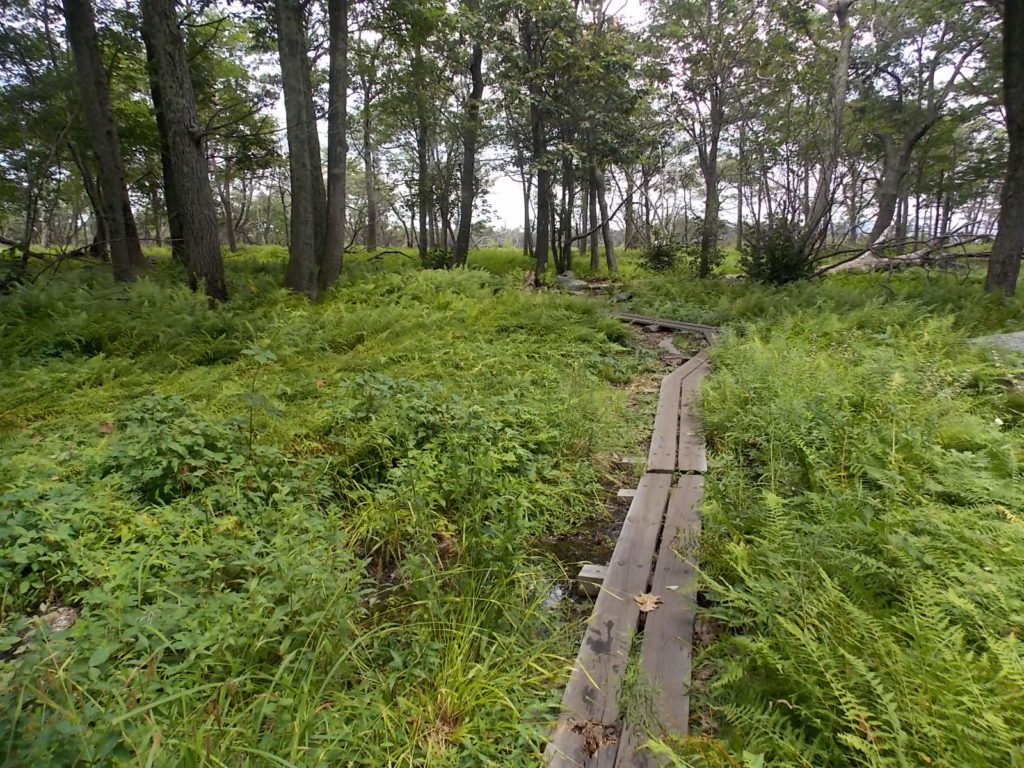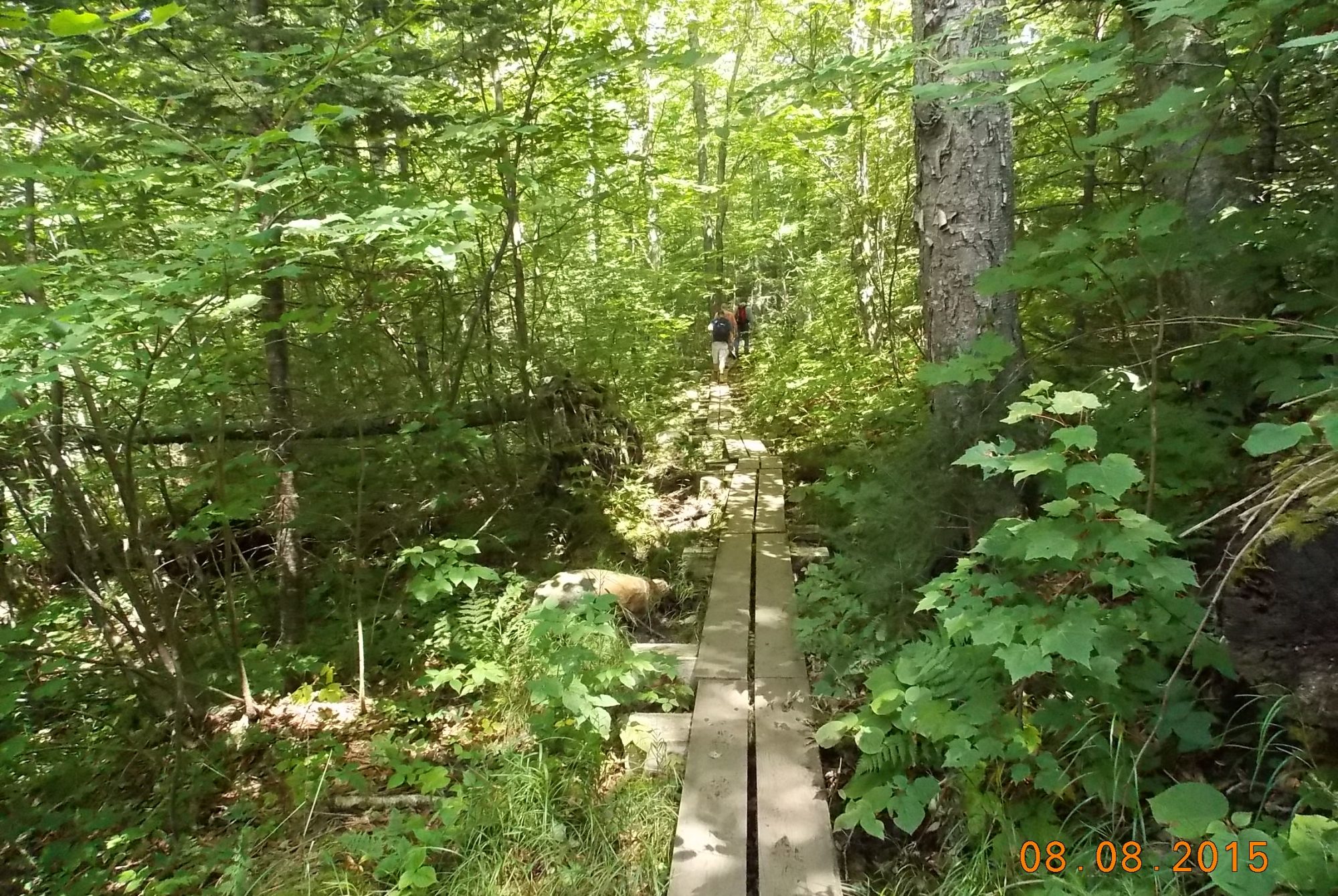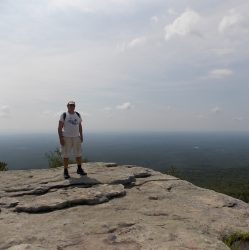Systemic Climate Despair means you are ready to be an Earthlobbyist
There are people suffering mental health issues labeled “climate despair” and “climate anxiety.”
It’s scary and hard to understand that there is a good chance that the Earth will get hotter and inhospitable in places. When most days look pretty much the same, weather reporters say how nice warm weather is compared to cold in the winter. Sea levels can rise. . Extreme weather will provide more tornadoes, floods and droughts, and more people will be in harms way. Climate Change and Extreme Weather will be very expensive to repair.

More people could experience serious challenges to their mental health as a result if they loose hope for their futures. Despair, anger, blame and helplessness could forge heavy chains on their hearts and souls. People may choose to forgo traditional paths of marriage and family life because they have decided life does not matter. While others like me will find new meaning, joing pro active communities, hjelping others, and planting crops we will never taste.
Excessive Atmospheric Carbon is changing how much water is suspended in the atmosphere, and contributing to the Polar Vortex and other jet stream changes. This is a scientific fact.
Hope or Hopelessness is your choice
Now that you know, you have a choice of apathy or action, despair or direction, hope or hopelessness.
It’s essential to understand your brain, what it wants, and how it will tell you something is not right. There are many resources to help gain a clear understanding of situational anxiety or generalized anxiety disorder. I will simplify anxiety as a biological response to a perceived threat, real or imagined.
Fears are noises in the dark, stories in the news, or the worst-case scenario, now often presented in graphic detail like never before. Before handheld recreational technology, people were not exposed to a consistent stream of often unedited material. People used to listen to the radio, watch TV or read a newspaper to find out what happened. Every situation was not accelerated, and people we not as isolated when they experinced events. Despite the premise that people are more connected througl realational media, most people use recreational tech by themselves, seperated from family or peers in physical proximity.
While everybody’s situation is different, a daily focus on a secure home, food security, connection to family and loved ones, personal skill acquisition, career achievement, enjoying free time and connections to neighbors has been the cornerstones of society for thousands of years. Ranchers, farmers, business owners, teachers, government employees, craftsmen, essential workers, artists and scholars have all moved though their days with hopes of something better. Considering how carbon made droughts, floods and storms can destroy a person’s quality of life is a truly overwhelming situation.
Situational or generalized anxiety is normal
Situational or generalized anxiety can increase for many reasons regarding anything that challenges the security and future the person imagines. Money, Healthy, Family, are a issues that can cause stress and anxiety. Once a person focuses is on the problem, not the solutions, things can get worse. Imagination can create the worst-case scenario, Fear and physical symptoms can grow causing sleeplessness, anger, lack of focus, substance abuse and isolation. While anxiety may be normal, living with anxiety is not healthy, happy, or productive.
Everything can be made worse by worry, climate change anxiety or climate despair. Climate Change is a global problem caused by the creation of atmospheric carbon, which began in the 1880 with the invention of the internal combustion engine.
The only thing that stops us from saving our future is greed and improper allocation of resources. Fossil fuel industries employ millions of people, keeping many very wealthy. Few of these people or entities are invested in changing in their lifetimes, since these carbon industries basically extract wealth from the Earth with no intent to make reparations.
Many people above 50 years have developed Climate Change Desensitization, a way of living which means they just don’t care what hapens next. These people can be selfish, undeucated and small minded, may have worked hard most of their life, and may feel they have earned their peace and quiet in retirement with no issues. People with Climate Change Desensitization are concerned only with living the best life they can, for themselves, without thinking or acting responsibly in realtion to climate change. Climate Change Densensitization is cuased by the belief that the effects of climate change can be avoided, or can be afforded with a different location. Wealthy peole are buying higher ground that may have been undesireable in the past, often displacing trailer parks and other “low value” communities, especally in Florida. The reality of higher food costs, extreme weather events, suppply chain disrutions and energy failure will effect everyone, so those with the ability to invest in systemic soloutions are most respomsible. These are the people with the “We’re spending our kids inheritence” bumper sticker.
As an individual, there are concrete things you can do
Reduce demand for carbon made products, and investing in the transition to clean power.
1) Reducing demand is accomplished by spending money on things that already exist, or are made from clean energy, as much as possible. In a consumer driven economy, cash allocation is the major power an individual controls. When people stop buying producers made from fossil fuel power in the major producing countries there will be an economic ripple.
2) Condemn a climate destructive lifestyle by influencers, actors, sports icons, corporations, universities, municipal governments, and tech millionaires who generate more atmospheric Carbon through their lifestyle which includes excessive airplane or helicopter travel. Trading carbon credits is not enough, compared the being a carbon negative role model by investment and personal behavior. This can be done by changing buying habits, writing letters, meeting people, using social media and building a website like Earthlobbyist.
3) Increase clean energy assets by reducing personal consumption of energy. This is accomplished by using alternative energy to power your home or business, while using carbon free transportation. To go make ripples beyond your personal responsibility, you can write letters contacting businesses, municipalities, schools, etc. to say you do not support entities that do not generate more clean energy than they consume, and that they are directly responsible for climate change. Some people and groups are filing lawsuits against carbon producers then investing settlements in deployment of decarbonization technology.
4) There is no uniform answer for everybody, since everybody has a different situation. Climate Anxiety can be eliminated with concrete plans to reduce the potential of harm. Firestorm anxiety may be reduced with a bigger buffer zone around a home, that is built with more fire-resistant materials, and has a supply of water on hand. Fear of flooding can be reduced by raising a structure or moving to higher ground. Power outages can be endured with generators, woodpiles, propane and water bath food canning equipment. Tornados can be survived with inground storm cellars The time tested method of having a plan to deal with the anxiety reduces the unknown with a functional action plan. Identifying the worst thing that can happen will allow soloutions to be implemented.
5) Invest money in Mutual Funds that focus on clean energy
6) Teach people. By helping those with Climate Change Denial Syndrome consider why they deny climate change, you make a difference. There are many private foundations that generate lies to support the fossil fuel industry.
7) Plan for a better future. Join groups of people who are building solutions, not being depressed about their situation. Imagine things will get better by employing Positive Mental Attitude principles. Imagine things will be ok for you and your loved ones because you are doing everything you can. While we know things can get worse, focusing on solutions instead of suffering will reduce the effects for everyone, for the simple reason your good is being added to offset bad. Remember, we have the technology to solve the problem of atmospheric carbon. Greed is the real danger
8) Do things you like. Listen to music. Read. Write. Play. Draw. Walk. Cook. Volunteer. Care for animals etc
Teens and Climate Despair
Higher temperatures are tied to depressive language and higher suicide rates in various clinical studies . Fires, hurricanes and heat waves carry the risk of trauma and depression. Younger people, with a shorter scope of experience and longer perceived lifespan can experience oppressive fear and sadness, feeling totally overwhelmed by climate anxiety, which may be compounded with the developmental life stage. Joining with peers on a depressing topic, add being angry and ignored by older generations, on top of all the relational stressors teens experience, which can make things seem hopeless. The good news is dark emotions can also be the trigger for progress. Maybe climate anxiety a problem we all must work through as a truly united world for the future saving changes now required.
Teen are unique in their developmental and social processes, entitled to be protected by their parents and society, yet frequently exploited by the distractions of recreational techonolgy and consumer media. Teens have the ability to identify problems and opportunity in the clean economy and set goals that will position them for secure participation in careers which will solve climate and social problems with secure income. Traditional career paths in manufacturing, technology management, nutrition, science, , oceanography, education, social services, construction, energy management, delivery systems, farming, food distribution, medicine, journalism, engineering, small business, contracting and many more provide great opportunties.
Teens who choose concrete goals, then make a commitment to aquire education, experience and excelence in their chosen career path, while avoiding self destructive choices like crime and ignorance, are charting a successful destination for their future .
Fear about life, the future and climate are real, important, and are heard when exppressed. 2000 years ago the Roman philosopher Seneca pondered “What’s the worst that can happen?” Facing ones fears on a daily basis is an evidence based soloution for anxiety of any type. Anxiety is created by your brain, and can frequently be cured just as easily. What are you afraid of today? Elevators? Amusement park rides? Failing? Spend 15 minutes in the moring focused on this alone, asking your brain and the higher power of the universe (as you understand it) for direction. Many things that people you think of for a moment, then ignore are not likely, and are manageble by committing to a measurable plan of education and lifestyle. WD-40 was created after 39 failures. If you are afraid of climate change, invest 15 minutes a day making a positive ripple, no matter how small it may seem.
Action is the antidote to anxiety.

